When the World Feels Like a Scary Place
 It’s an understatement to say we live in an age of anxiety. Political polarization, school shootings, income inequality, climate issues, sexual harassment, and more—whether it’s on the news or hitting closer to home, it’s impossible to tune out. The problem is, most children can’t put these issues in perspective, and parents, often anxious themselves, can have a hard time talking to their kids without making it worse. Read more ›
It’s an understatement to say we live in an age of anxiety. Political polarization, school shootings, income inequality, climate issues, sexual harassment, and more—whether it’s on the news or hitting closer to home, it’s impossible to tune out. The problem is, most children can’t put these issues in perspective, and parents, often anxious themselves, can have a hard time talking to their kids without making it worse. Read more ›
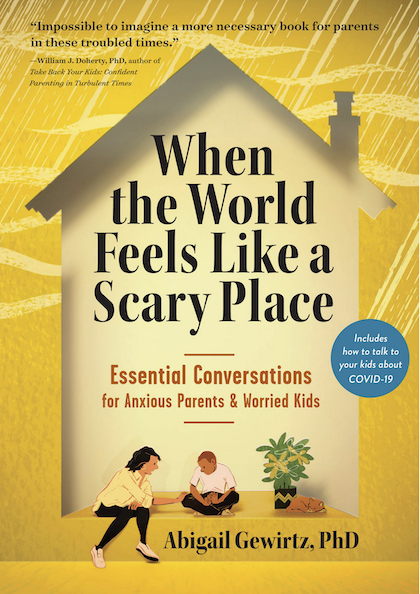
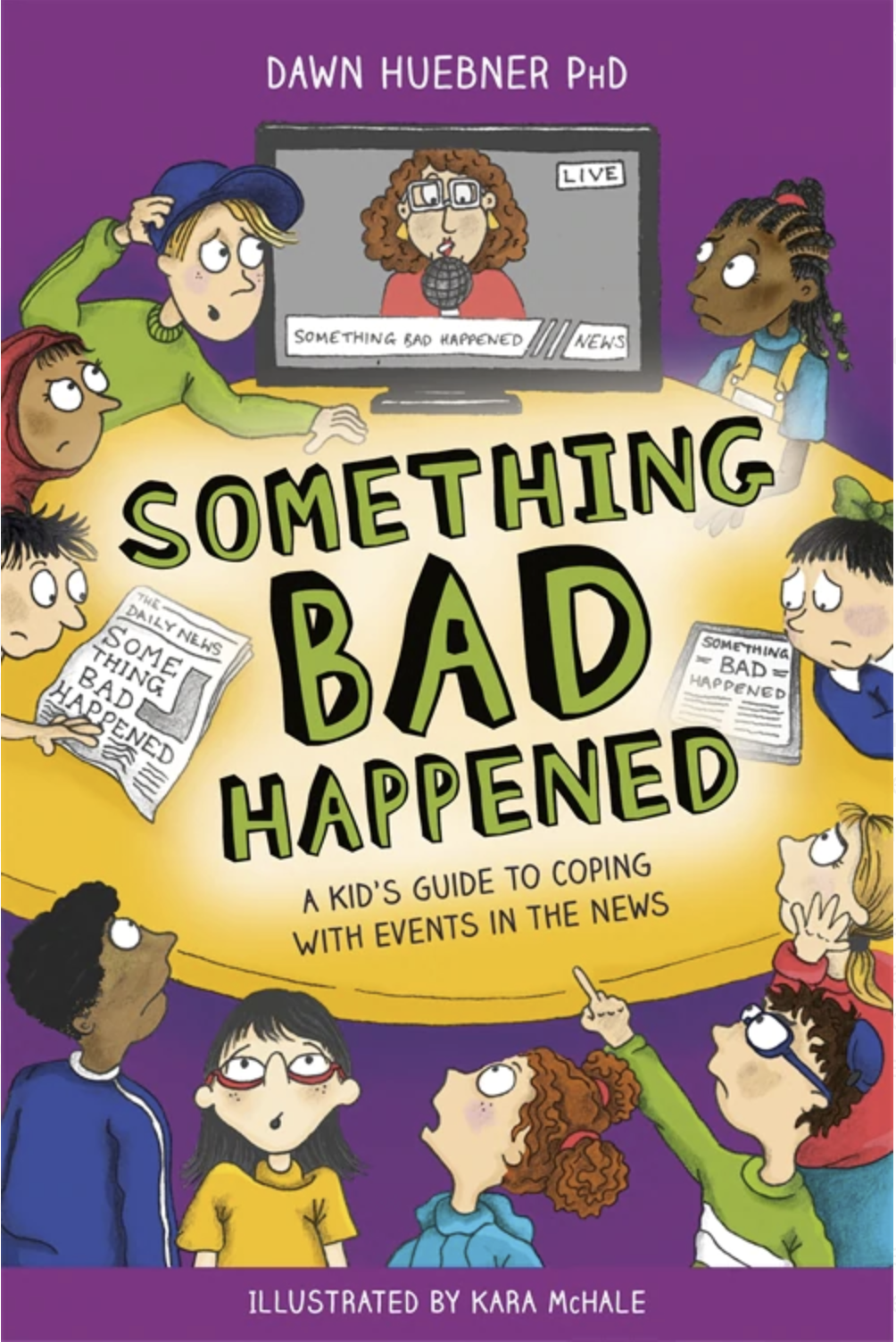

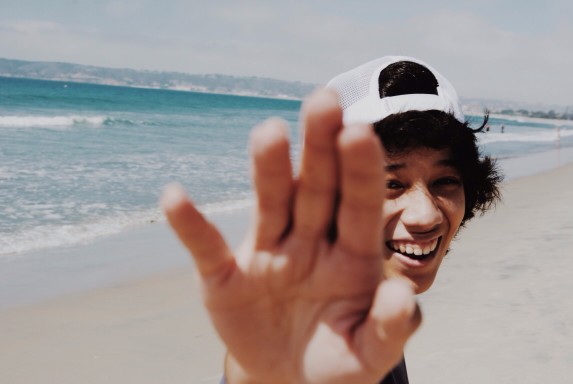
 Remember when childhood summers looked like long, unscripted days of play with whichever neighborhood kids you happened to run into, riding bikes and climbing trees and not coming home until the street lights flickered on? If we were fortunate enough to go to camp, it probably entailed swimming, crafts and capture the flag, not STEM, VR and scratch coding.
Remember when childhood summers looked like long, unscripted days of play with whichever neighborhood kids you happened to run into, riding bikes and climbing trees and not coming home until the street lights flickered on? If we were fortunate enough to go to camp, it probably entailed swimming, crafts and capture the flag, not STEM, VR and scratch coding. 
 Between 2009 and 2019, the percentage of teens who reported having “persistent feelings of sadness or hopelessness” rose from 26 percent to 37 percent and, in 2021, to 44 percent. Further, research shows that 1 in 5 youth in distress felt that they didn’t have someone they could turn to in a crisis. How can we let our teens know we’re here for them and protect them from significant mental health challenges?
Between 2009 and 2019, the percentage of teens who reported having “persistent feelings of sadness or hopelessness” rose from 26 percent to 37 percent and, in 2021, to 44 percent. Further, research shows that 1 in 5 youth in distress felt that they didn’t have someone they could turn to in a crisis. How can we let our teens know we’re here for them and protect them from significant mental health challenges? 
 The first step in starting a conversation is to choose a good time. It’s really important to make space to be together without an agenda or pressure. Conversation tends to flow best when it naturally occurs.
The first step in starting a conversation is to choose a good time. It’s really important to make space to be together without an agenda or pressure. Conversation tends to flow best when it naturally occurs. 
 As Snapchat and Instagram draw criticism for safety and mental health concerns, some young people are opting for a different way to keep in touch. Photo “widgets” LiveIn and Locket are grabbing attention for their fuss-free photo sharing — just snap a photo and it pops up in a tiny window on your friend’s home screen.
As Snapchat and Instagram draw criticism for safety and mental health concerns, some young people are opting for a different way to keep in touch. Photo “widgets” LiveIn and Locket are grabbing attention for their fuss-free photo sharing — just snap a photo and it pops up in a tiny window on your friend’s home screen. 

 We often talk about building self-awareness in our kids, but what about in ourselves, as parents and caregivers?
We often talk about building self-awareness in our kids, but what about in ourselves, as parents and caregivers?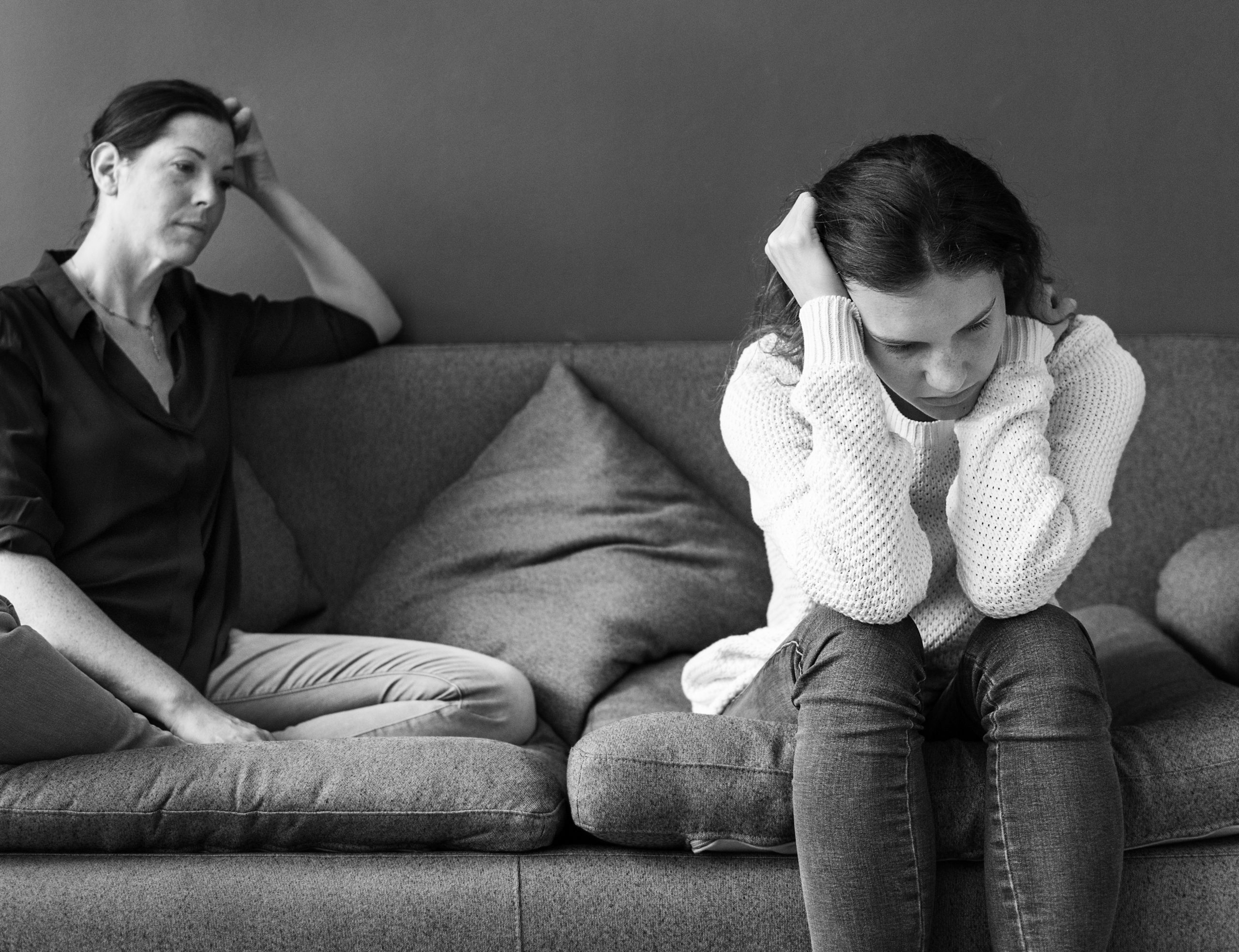
 Regulating our emotions is at the heart of our ability to parent the way we’d like. It’s just so easy to get hijacked by our emotions and find ourselves already ten steps down the low road.
Regulating our emotions is at the heart of our ability to parent the way we’d like. It’s just so easy to get hijacked by our emotions and find ourselves already ten steps down the low road. 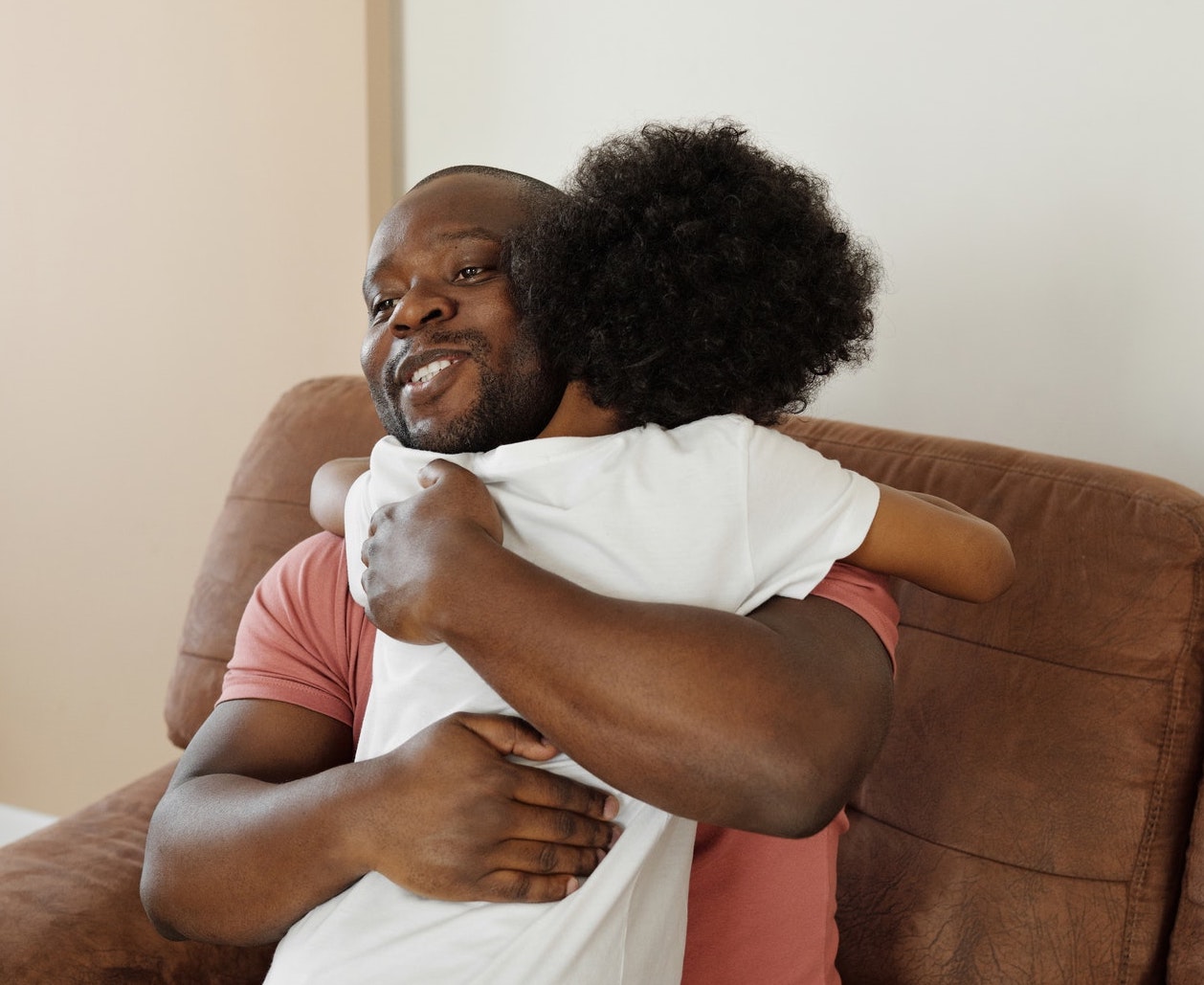
 In any moment as parents, we can choose to react or let it go. Putting space between you and your reaction allows you to respond with kindness—both to your children, and to other parents.
In any moment as parents, we can choose to react or let it go. Putting space between you and your reaction allows you to respond with kindness—both to your children, and to other parents. 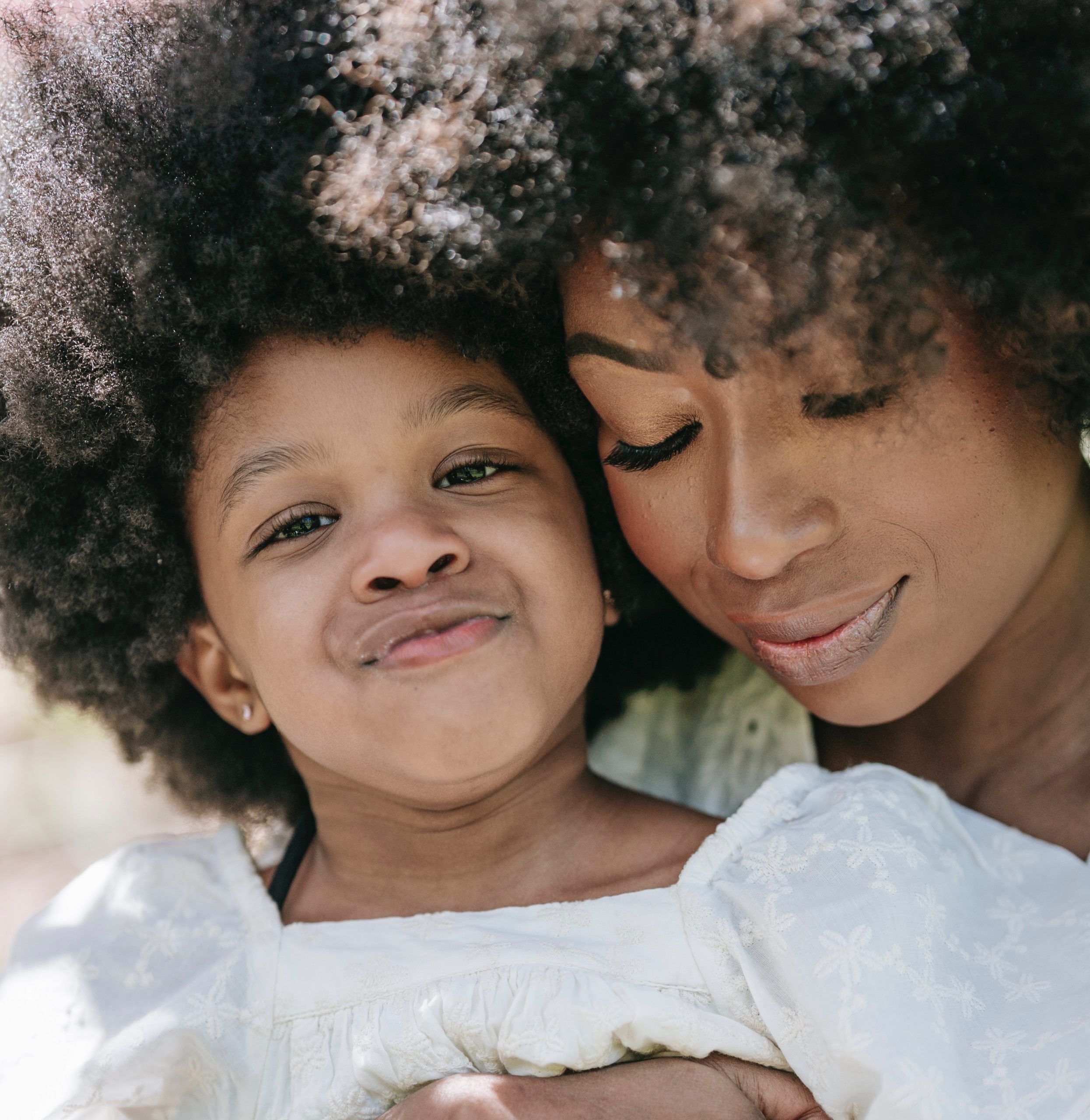
 For parents, being self-aware is key for connecting to their kids. When parents aren’t self-aware, they might get caught up in their own emotions instead of being present with their children. They also might not recognize that they’re unconsciously repeating the patterns of their own childhoods in their parenting today.
For parents, being self-aware is key for connecting to their kids. When parents aren’t self-aware, they might get caught up in their own emotions instead of being present with their children. They also might not recognize that they’re unconsciously repeating the patterns of their own childhoods in their parenting today. 

